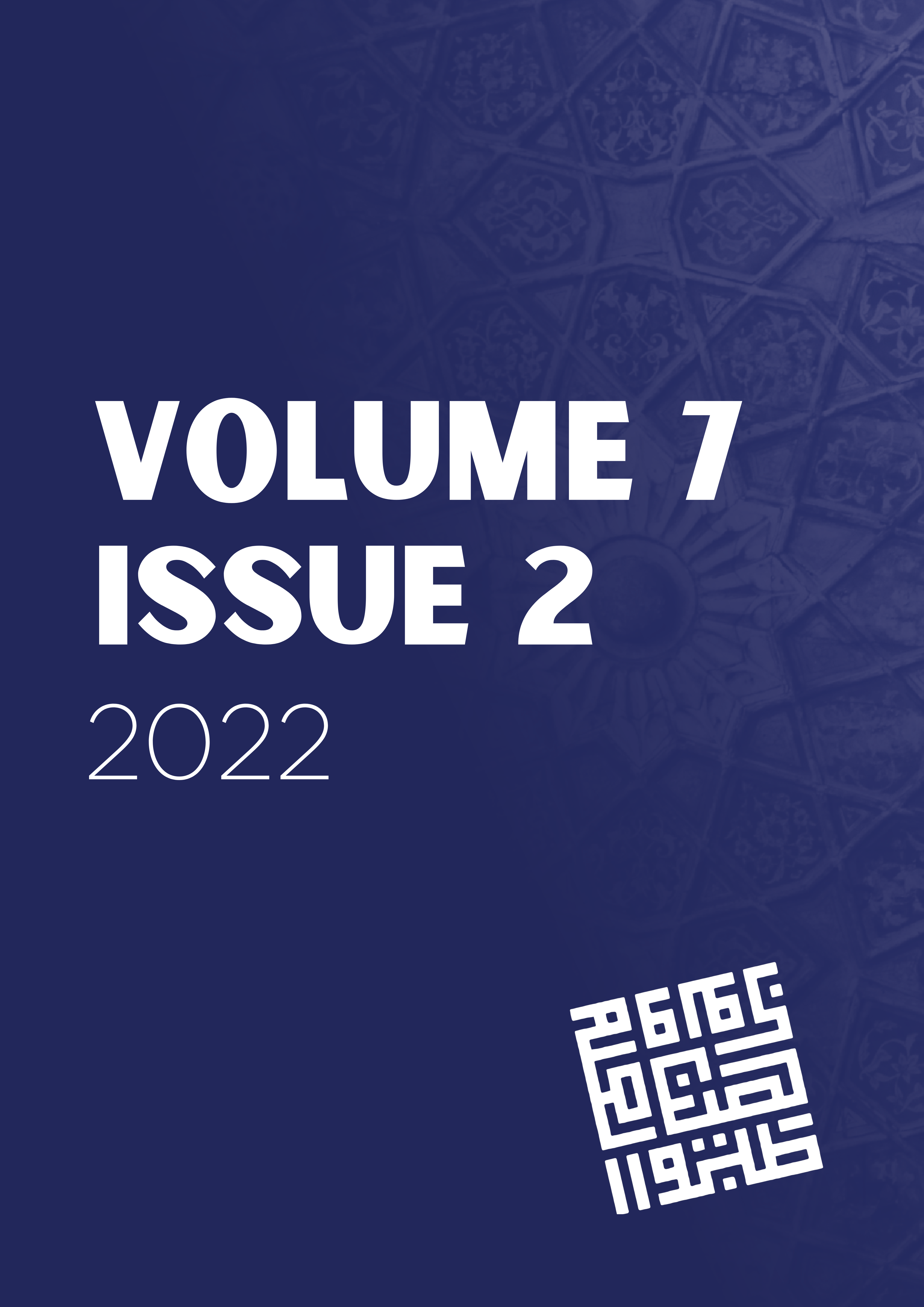Introducing Al-Farabi’s Political Philosophy to the Modern Politics: Correlating Al-Farabi’s Philosophy with the Modern Politics

Abstract
Al-Farabi categorized cities, the smallest scale of a political association, into four types: the virtuous city, the ignorant city, the wicked city, the diverted city, and the erring city. Al-Farabi terminology indicates that morality is the red-line that differs the nature of each city, although there is no straightforward statement in his treaties. Despite many admirations by later philosophers on Al-Farabi’s political philosophy, his concept is still considered a utopia. Also, it seems that no historical account mentioned any (Islamic) empire, applying Al-Farabi’s ideas on politics. Even Ibn Khaldun criticized Al-Farabi’s concept based on the pragmatic perspective of civilization. However, this fact does not imply the irrelevancy of Al-Farabi’s politics in the practical realm. The question is only regarding what extent Al-Farabi ideas work with politics, particularly modern politics? This study aims to correlate Al-Farabi ideal concept and modern politics. The methodology of this research is qualitative conceptual analysis since the two variables are in the theoretical realm. It can be concluded that Politics in Al-Farabi’s notion strongly connected with Ethics and Morality rather than Authority. An ideal state can actualize through the collective consciousness of true felicity, by which the type of cities is divided. Although Al-Farabi’s political philosophy is quite unapplicable, particularly in the modern age, its role as the highest political principles is undeniable. The essential aspect of Al-Farabi’s political employment in the modern era is his fundamental idea, i.e., ethical society. Establishing an ethical state is more critical than Al-Farabi’s political application entirely.
Keywords
Political Ethics, Al-Farabi politics, Islamic Ethics, Moral Idealism
References
- Abdurrahmane, Taha. Ruhul Hadathah: al-madkhal ilaa ta’sis al-hadathah al-Islamiyyah. Maghreb: ad-Dar al-Bayda’, 2006.
- Al-Farabi, Abu Nasr. Al-Farabi on the Perfect State. Translated by Richard Walzer. Michigan: Clarendon Press, 1985.
- Al-Farabi, Abu Nasr. Tahsil As-Sa`adah. Beirut: Dar maktabah al-Hilal, 1995.
- Al-Mawardi, Abul Hasan. Al-Ahkam As-Sultaniyya. Cairo: Dar Al-Hadith, 2006.
- Ali, Ishraq, and Mingli Qin. “Distinguishing the Virtuous City of Alfarabi from that of Plato in Light of his Unique Historical Context.” HTS Theological Studies 75 (2019): 1–9.
- Al-Tirmizi, Abu Isa. Ash-Shama’il Al-Muhammadiyah, Book 1: The Noble Features of Rasoolullah. Dar Al-Hadith, 1988.
- Bakhsh, Alireza Omid. “The Iranian and Islamic Heritage of Utopianism.” Utopian Studies 24, no. 1 (2013): 41–51. https://doi.org/10.5325/utopianstudies.24.1.0041.
- Ball, Alan R. “Politics, Power and Authority.” In Modern Politics and Government, edited by Alan R. Ball, 19–36. London: Macmillan Education UK, 1988. https://doi.org/ 10.1007/978-1-349-19347-9_2.
- El-Yousfi, Amin. “The Anthropology of Islam in Light of the Trusteeship Paradigm.” In Islamic Ethics and the Trusteeship Paradigm: Taha Abderrahmane’s Philosophy in Comparative Perspectives, edited by Mohammed Hashas and Mutaz al-Khatib, 197–217. Leiden, the Netherlands: Brill, 2020. https://doi.org/10.1163/9789004438354_011.
- Fakhry, Majid. Ethical Theories in Islam. Leiden: E. J. Brill, 1991.
- Fakhry, Majid. Al-Farabi, Founder of Islamic Neoplatonism: His Life, Works and Influence. Oneworld Publications, 2002.
- Hallaq, Wael. The Impossible State: Islam, Politics, and Modernity’s Moral Predicament. New York: Columbia University Press, 2012.
- Ibn Khaldun, Abdurrahman. The Muqaddimah: An Introduction to History. Translated by Franz Rosenthal. Bollingen Series, vol. 2. Princeton: Princeton Classics, 2015.
- Korkut, Şenol. “Ibn Khaldun’s Critique of the Theory of al-Siyâsah al-Madaniyyah.” Asian Journal of Social Science 36 (2008): 547–70. https://doi.org/10.1163/156853108X327074.
- Lapidus, Ira. “The Golden Age: The Political Concepts of Islam.” Annals of the American Academy of Political and Social Science 524 (1992): 13–25. https://doi.org/10. 2307/1046702.
- Maybee, Julie. “Hegel’s Dialectic.” In Stanford Encyclopedia of Philosophy, edited by Edward N. Zalta. Stanford University, Winter 2020. https://plato.stanford.edu/ entries/hegel-dialectics.
- Min, Chew Hui. “No Religion: Why More in Singapore are Turning Away from Traditional Faiths.” Channelnews Asia, July 1, 2021. https://www.channelnewsasia.com/singapore/ no-religion-humanist-society-singapore-census-2003576.
- Morris, Christopher. “The Modern State.” In Handbook of Political Theory, edited by Gerald F. Gaus and Chandran Kukathas, 195-209. London: Sage Publishing, 2004.
- Partridge, P. H. “Politics and Power.” Philosophy 38, no. 144 (1963): 117–35.
- Rogan, Eugene. The Arabs: A History. London: Penguin UK, 2009.
- Safi, Louay. Al-Fikr Wa an-Nuhud. Damascus: Dar al-Fikr, 2018.
- Sankari, Farouk. “Plato and Alfarabi: A Comparison of Some Aspects of their Political Philosophies.” Vivarium 8, no. 1 (1970): 1–9.
- The Editors of Encyclopaedia Britannica. “Defender of the Faith.” In Encyclopedia Britannica. November 29, 2011. https://www.britannica.com/topic/defender-of-the-faith.
- Wiles, Peter. “Marxism Versus Leninism: What will Remain of Either, for the Third World?” Asian Perspective 14, no. 1 (1990): 217–36.